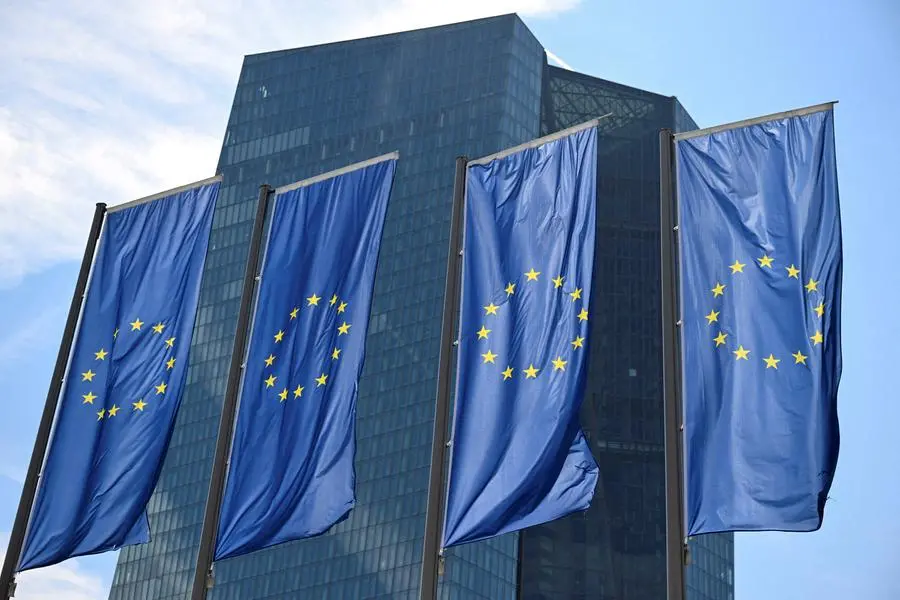PHOTO
There is no urgency for the European Central Bank to cut interest rates quicker and it could even live with a small, temporary undershoot of its inflation target, Belgian central bank chief Pierre Wunsch said, joining colleagues in pushing back on more dovish views.
ECB policymakers have expressed widely different views on prices and policy in recent days, with some worried about inflation falling below 2% and forcing the ECB to act quickly, even as others said risks were more balanced, so the bank should keep moving with extreme care.
"Employment is high, real wages are rising and a soft landing is still the most likely outcome, so there is no urgency in further accelerating the easing of monetary policy," Wunsch told Reuters in an interview.
The comments come after Portuguese central bank chief Mario Centeno said that a 50 basis point rate cut should be among options on the table in December and Italy's Fabio Panetta said it was not clear the ECB could stop rate cuts when it gets to a neutral level, where it no longer holds back growth.
Markets currently price a 35 basis point rate cut for Dec. 12, indicating that investors see a 40% chance the ECB moves by 50 basis points after three 25 basis point cuts this year.
Wunsch agreed that inflation could fall back to the ECB's target by mid-2025, ahead of projections for late in the year, but there was no great risk of a sustained dip below 2%.
A quicker inflation fall would warrant further rate cuts but this should remain gradual until restriction on the economy is removed.
Wunsch also argued that the ECB normally looks past inflation swings caused by temporary volatility in energy prices and it should be truly symmetric in its approach by looking past energy costs swings in both directions.
"If the economy is holding up, performing at its potential but we are temporarily undershooting because of a positive terms of trade shock, I’m OK with that and we shouldn’t overdramatize such an event," he said. "Being a bit below 2% is not a big event if the medium term continues to point to 2%."
Wunsch also said that underlying inflation, which filters out energy costs, may be a better indicator of how much the ECB is restricting the economy since it gave a better indication on wage pressures, especially in services, the largest group in the consumer price basket.
"I would argue that underlying inflation data rather than headline may give us a better indication on how restrictive policy is," Wunsch said.
Wunsch also cautioned against jumping the gun on December, since big events and data releases in the coming weeks will have oversized implications for the economy.
"We’ll have so much information until then, including two more inflation readings and new staff projections," he said. "There will be a U.S. election, and we also need to see how the conflict in the Middle East develops, so discussing precise levels is premature."
(Reporting by Balazs Koranyi; Editing by Andrea Ricci)





















